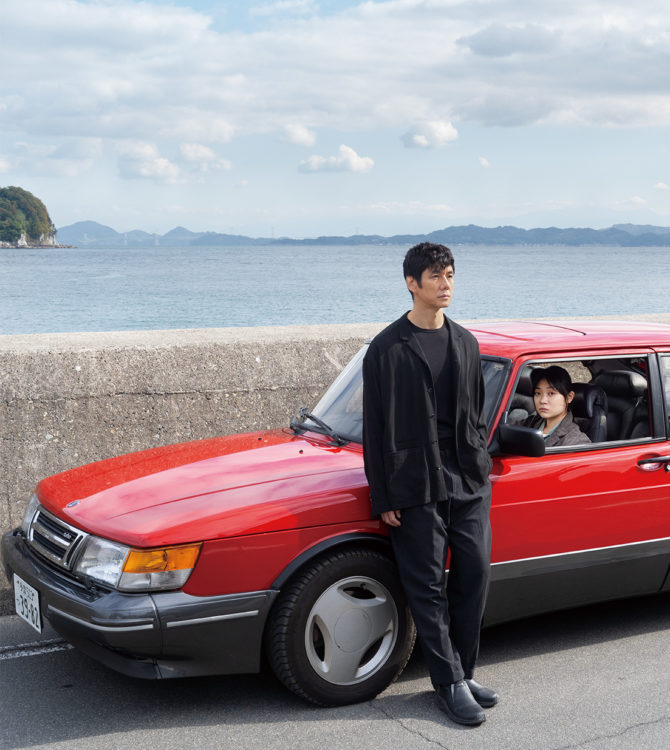
"I'd like to use this as an opportunity to strengthen support for cultural and artistic activities that are the source of soft power and spread Japanese culture to the world," he added.

Usually staid Chief Cabinet Secretary Hirokazu Matsuno told a regularly scheduled news conference the win was "very exciting news," while Prime Minister Fumio Kishida said in a statement that part of the movie's charm was undoubtedly its settings in his own electoral district of Hiroshima. "Given that the mainstay of the Academy Awards is American movies, I'm really happy that a Japanese film was able to win this prestigious award," said 60-year-old Osamu Kaneko, who was looking at film posters in downtown Tokyo. "It's a high hurdle for a Japanese movie to win Best Picture, but I hope more Japanese movies will be recognised in the future," said Azusa Shimizu, a 31-year-old media worker in downtown Tokyo, who said she was nonetheless quite happy. In a first, it had also been nominated for "Best Picture" - ultimately won by CODA.

The film, which has garnered other prizes including a screenplay award at Cannes, became Japan's second regular winner in the International Feature Film category and the first since Departures in 2009.

The three-hour drama, the story of a widowed theatre actor grappling with his past, was directed by Ryusuke Hamaguchi and based on a short story by Murakami, the international bestselling author whose name has arisen annually for more than a decade as a potential Nobel Literature Prize winner. From Tokyo streets to the highest levels of government, Japan recently cheered the Oscar win of Drive My Car amid hopes it will raise the profile of Haruki Murakami, the perennial Nobel prize hopeful who penned the story on which the film was based.


 0 kommentar(er)
0 kommentar(er)
